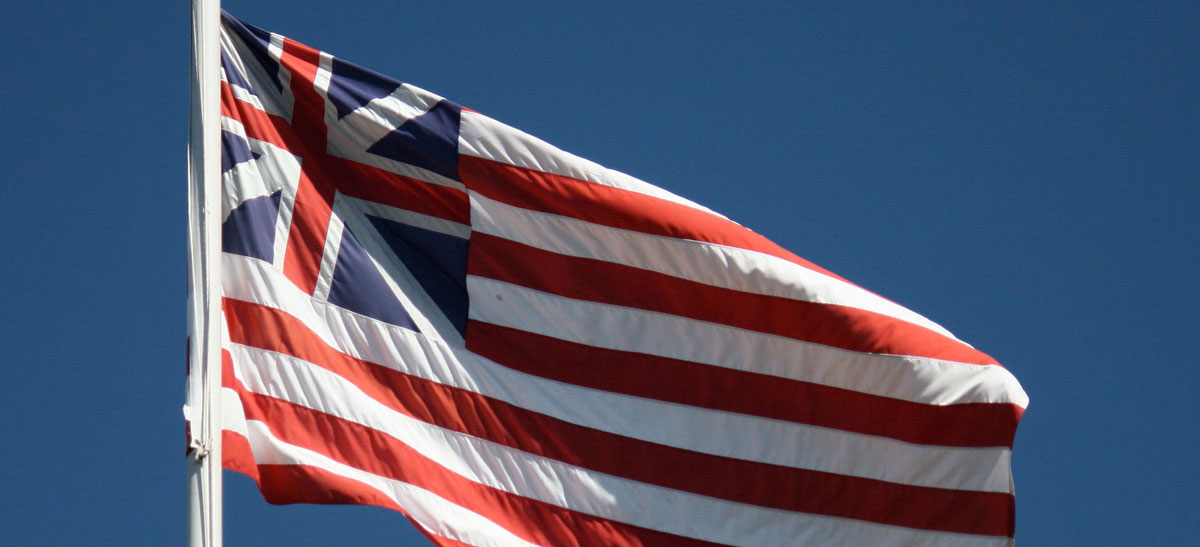
Every now and again I find some bit of history that highlights the subjectivity of everything I think I know—at once engrossing on its own merits, but discouraging in its implications to my (and most people’s) education. You know the feeling, I’m sure.
This is a brilliant essay, from a Telegraph writer:
http://www.nationalreview.com/article/381914/forgotten-flag-american-revolution-and-what-it-means-daniel-hannan
A highlight:
“The men who raised that standard believed that they were fighting for their freedoms as Britons — freedoms that had been trampled by a Hanoverian king and his hirelings. When they called themselves Patriots — a word that had been common currency among Whigs on both sides of the Atlantic long before anyone dreamed of a separation — they meant that they were British patriots, cherishing the peculiar liberties that had come down to them since Magna Carta: jury trials, free contract, property rights, habeas corpus, parliamentary representation, liberty of conscience, and the common law.”
… and:
“It did not occur to any of the actors to treat the conflict as being between two nations — at least, not until the French became involved in 1778. Indeed, the whole affair would be better understood as the Second Anglosphere Civil War — the first being the one fought across England, Scotland, Ireland, and America in the 1640s.”